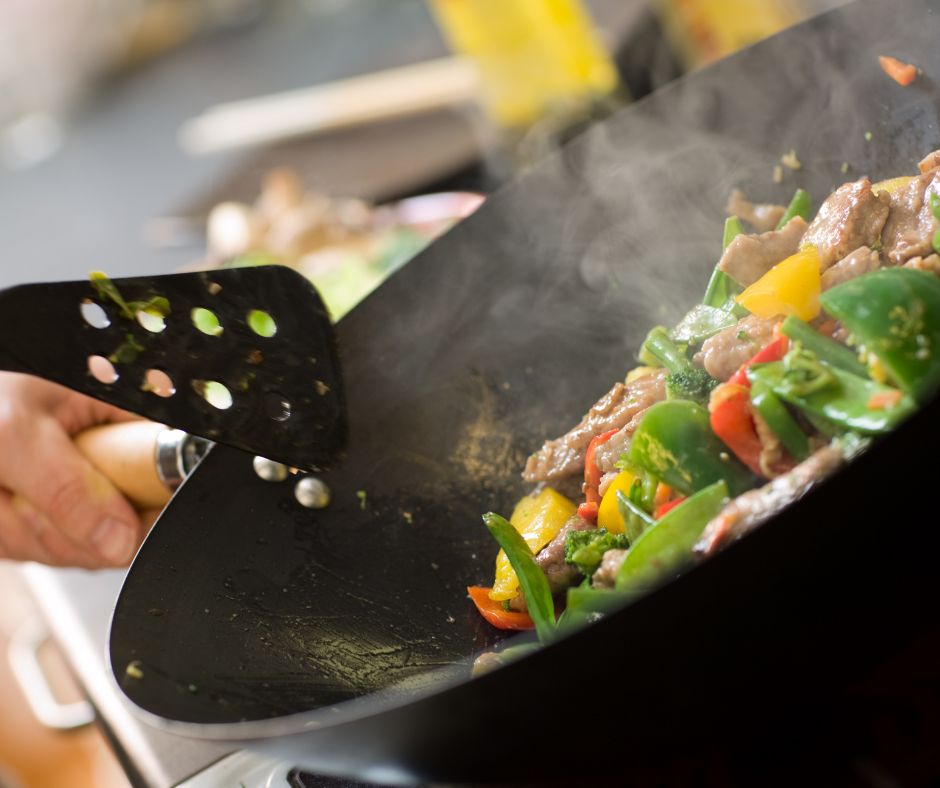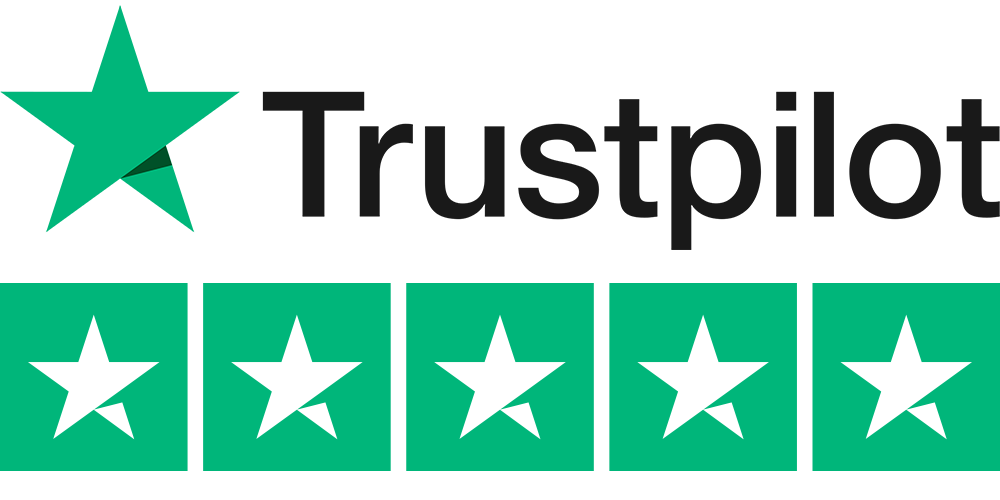Food prices are going up! I am sure that we have all got to the end of our shop, looked at the receipt and had a mild panic. While we know there are a lot of factors why the price of food is rising the most important thing for us right now is how do we feed our family on a budget. In this blog we look at ways to try and push your budget a little bit further.
Create a budget
Not a very exciting place to start but nevertheless it is an important one. We live in a society where we can spend £100 with a tap on a card and the ease of spending is obvious. However, set yourself a monthly budget that is sensible and reasonable. If you struggle to manage this with a card then take out cash for the month and use that to pay for your shopping.
Maybe more important than having a shopping budget is to have an eating out budget. According to NimbleFins a family of 4 will spend £99 a week on shopping but £52 a week on eating out. That is a third of your weekly food spend! By setting a good budget we may find ourselves skipping the odd meal out and saving ourselves money. And if you don’t think you eat out, what about lunch, do you make a packed lunch or do you buy your lunch from a café? Or do you do the £3 meal deal? Did you realise that a £3 meal deal would set you back £720 a year? Maybe, it is time to consider going back to the packed lunch.
Changing where you shop
Not all supermarkets charge the same price. Each supermarket will try and position themselves differently, for example Waitrose and Marks and Spencers will sell on the basis of quality, whereas Aldi will position themselves as a cheaper alternative. Many of us will choose to shop at the supermarket that is closest to us. But do some internet research, are there supermarkets that are still close that might be offering a cheaper shopping experience?

Aside from supermarkets there are also several other shopping experiences that offer cheaper alternatives to the supermarkets for example if you are in receipt of means tested benefits or work for one of the emergency services you might be able to shop at the Company Shop. An organization that sells surplus stock from supermarkets of food on their best before date which will allow you to make a savings and still feed high quality food from well named brands.
There are of course other budget shops, do your research, ask around and find the best shops for you. It might mean going to a couple of different shops a week compared to one but it may well be worth it for the cost saving.
Habits to get into at the shop
When you are in the shop there are various things that you can do to reduce your costs:
Use the world food aisle
The world food aisle can be a great place to pick up some value for money items. Products such as rice, sauces and spices can be cheaper compared to buying in other areas of the shop.
Don’t just look at eye level
Companies pay for prime slots in supermarkets, so the items at eye level are going to be the ones that make the supermarket the most money and not necessarily the best option for the customer. To counter this make sure that you look all around the shelves for your product of choice.
Value packs aren’t always the best value
Always check the price per 100g/ ml to work out the cheapest item gram for gram. Just because the label says ‘value pack’ or ‘50% free’, it doesn’t mean it’ll be cheaper. Two smaller packs can often be cheaper than the ‘value pack’.
Give non-branded a chance
If you are serious about saving money, try this little challenge. Drop one brand level with everything you buy, and if you can’t tell any difference, stick with the cheaper brand.
Buy own branded toiletries and cleaning products
Swapping to own branded toiletries could save you more than you would think. Washing powders, shower gels and other cleaning products are just a few examples of where you can shift down a brand level and start to see meaningful savings.
Never shop when you are hungry
An obvious one and something you have probably heard before, but it is worth repeating, shopping when hungry is likely to lead to spending more.
Time your shopping trip
If you shop in the same shop for awhile you will learn when the shop items are reduced, go shopping at this time and you could find a lot of potential savings. However, don’t get sucked into buying something just because it is discounted. Would you buy the item if it wasn’t discounted? If not don’t buy it. When buying reduced items, don’t forget that you can freeze things, so buying meats, breads on their best before date doesn’t need to be a problem.
Bulk buy
Buying in bulk is often more cost-effective than buying items individually. Look for non-perishables like rice, pasta, tinned items and seasoning.
Change your cooking habits
Changing the way you cook can quickly save you money, and remember the freezer is your friend.
Do bulk cooking:
Meals like curry’s, Bolognese, chili con carne, stews and much more can all be cooked once in a big pan and then saved for a later date. Let’s face it, when do we often give in to the mid-week takeaway. It’s when we are busy, don’t know what to cook and then we lazily reach for the takeaway menu, or app. With food in the freezer, you can quickly, defrost and have a healthy, nutritious and cost effective meal within minutes.
Make your meat go further:
Meat is getting more expensive, so if we are going to cook with meat we need to make it go further. There are several ways that we do that in our house:

Hide the veg
We have young children, and to make our meals more balanced and cheaper we like to add a lot of veg to our cooking, but the children don’t always like this. One way we get around the problem is to blend some of the less popular vegetables like mushroom and then add it to a curry or a bolognese to bulk the meal out.
Plan how to use the left-over roast
There is nothing quite like a roast dinner, but more often than not there are left overs. When we are doing our shopping we have a meal plan in place for the leftovers. This means that for the next day we have the right ingredients to make a curry, wraps, a stir-fry, pasta bake, or something new. By planning the meals, we are able to stretch the Sunday roast to two or three meals that week making our meat spend go much further.
Buy cheaper meats
This might seem obvious, but if you can cook from fresh and freeze, you can batch cook, stews or marinated meat to make delicious meals but with less expenditure.
To conclude
Times are not going to get easier anytime soon, but we can use new and good habits in our shopping, eating out and cooking to reduce the amount that we spend on food each week and month.





